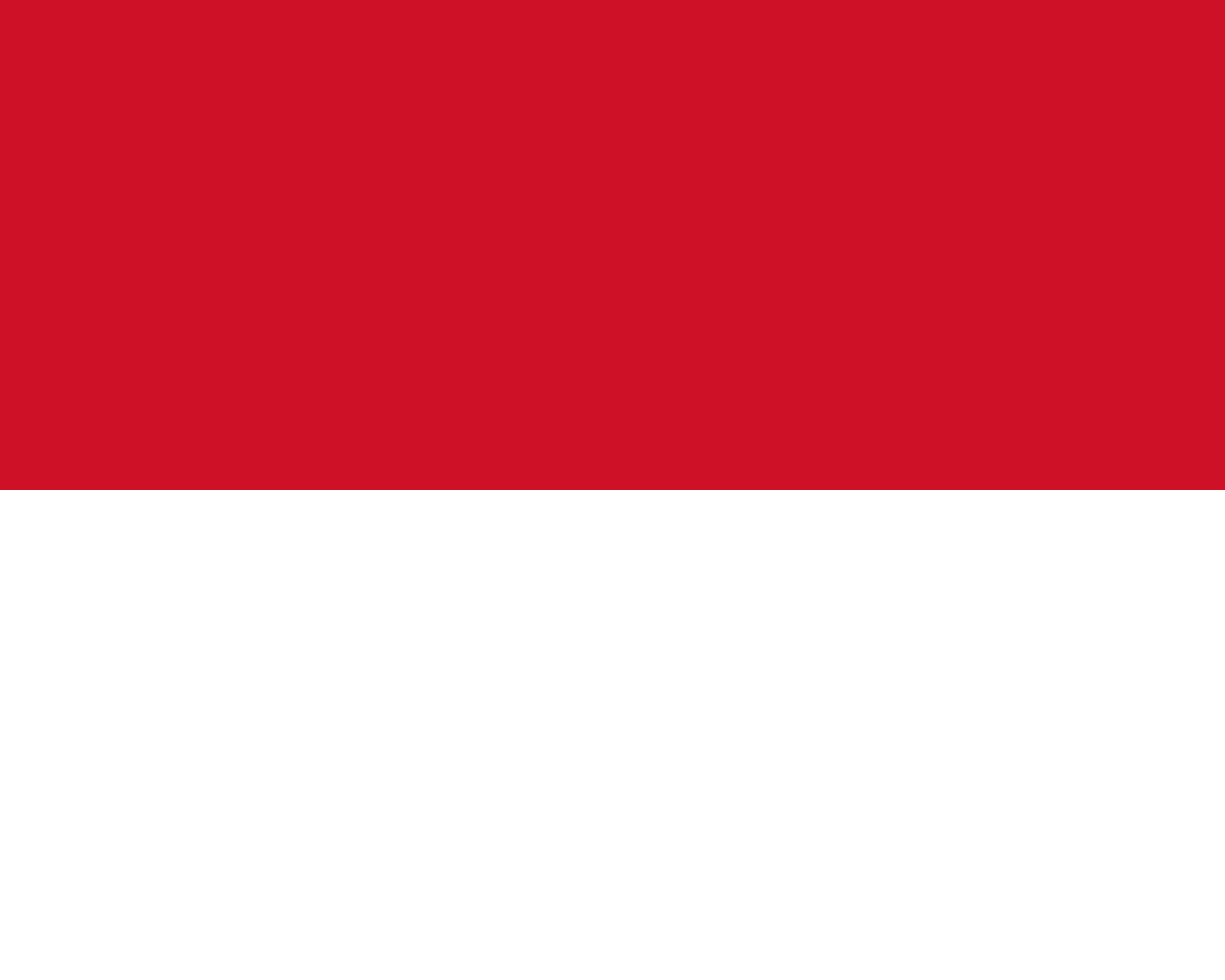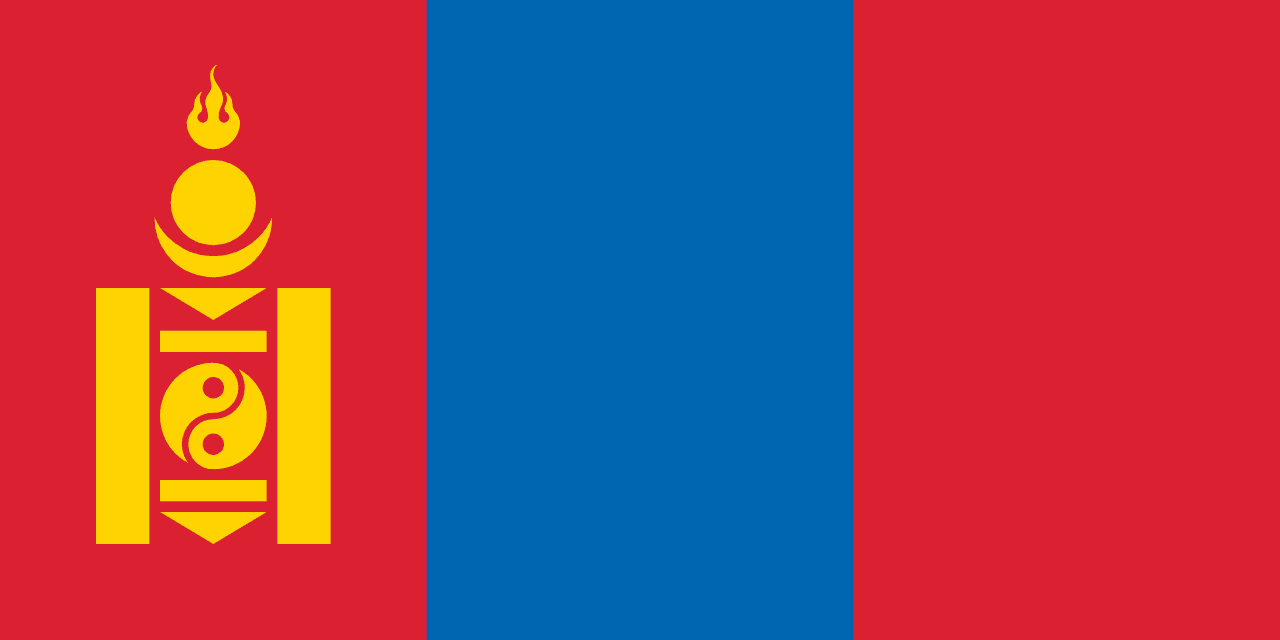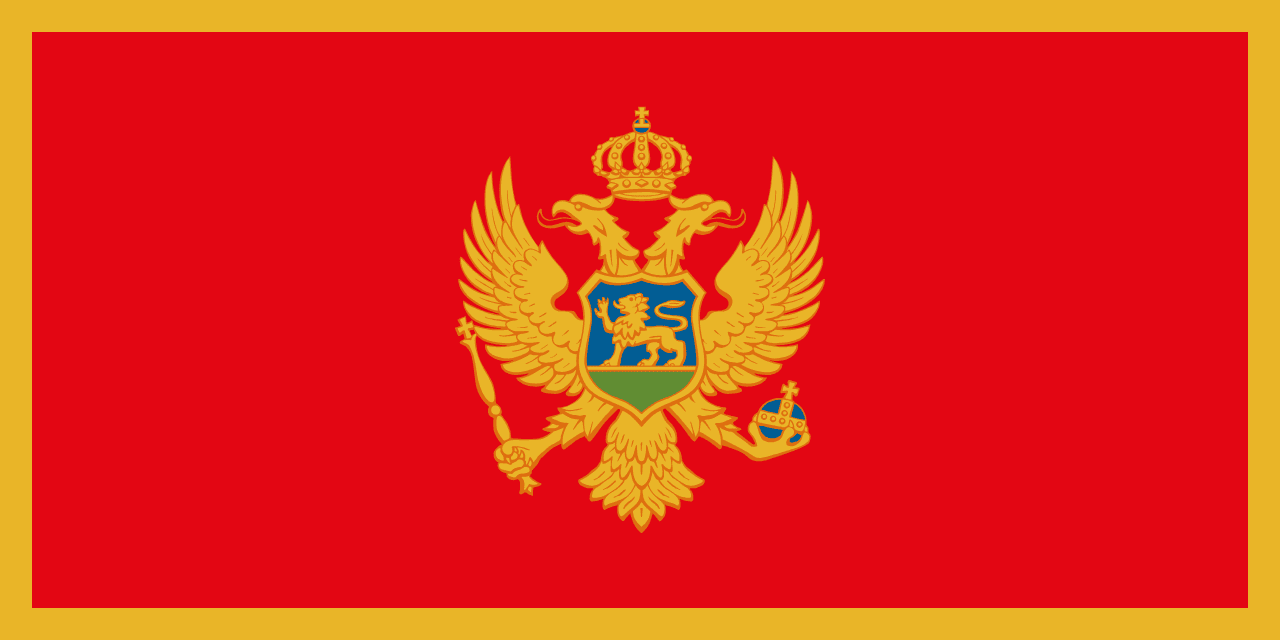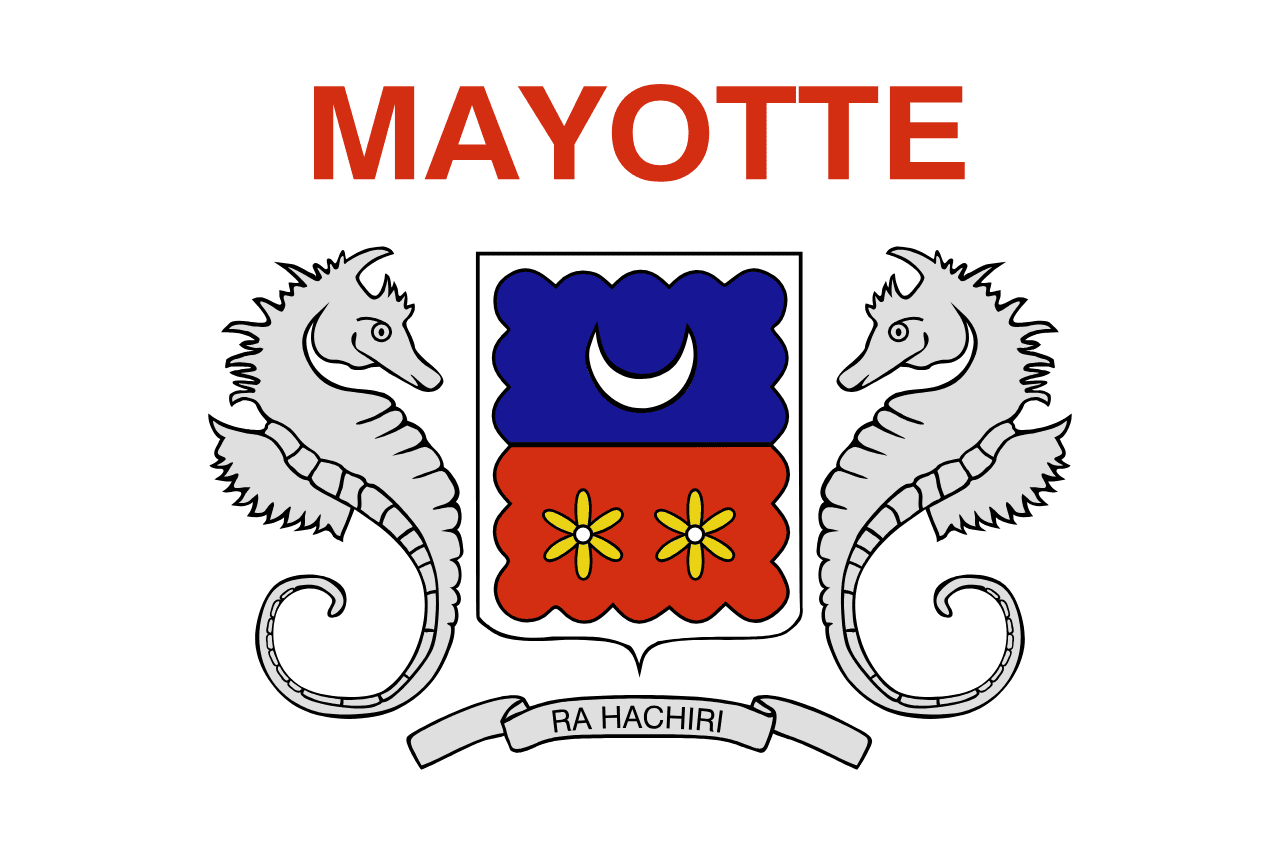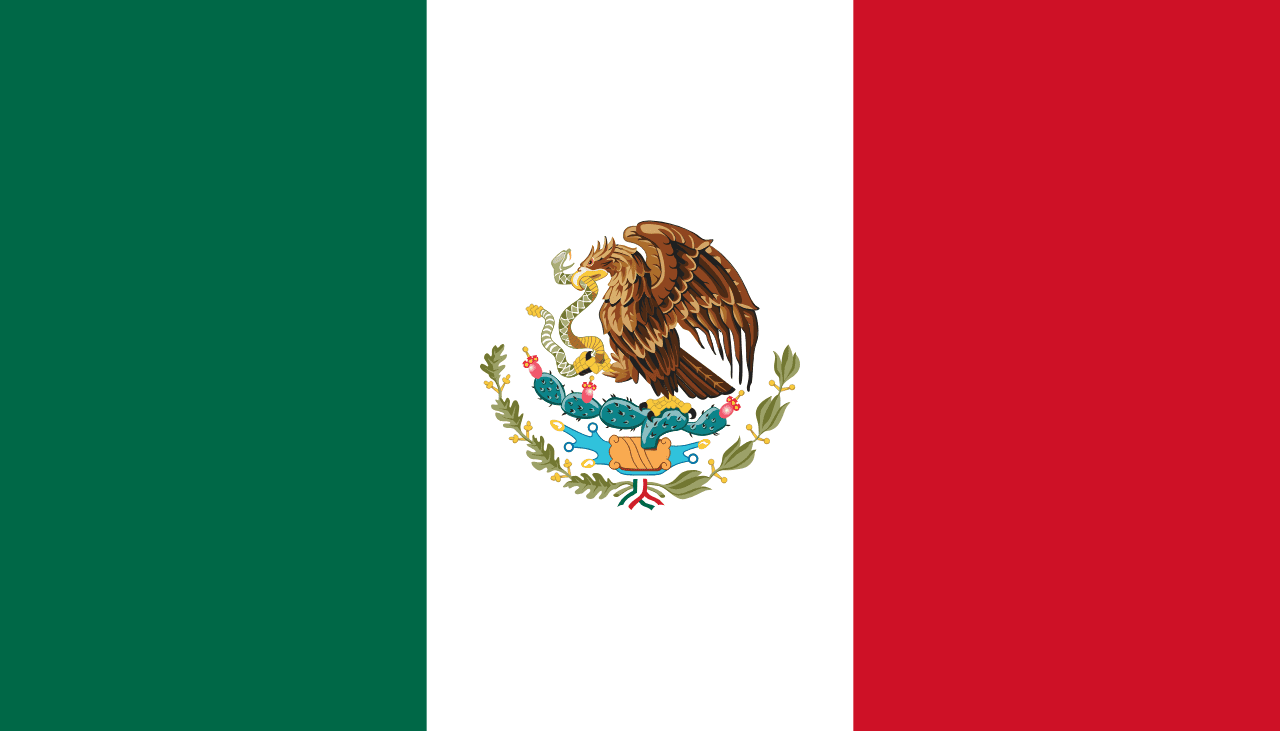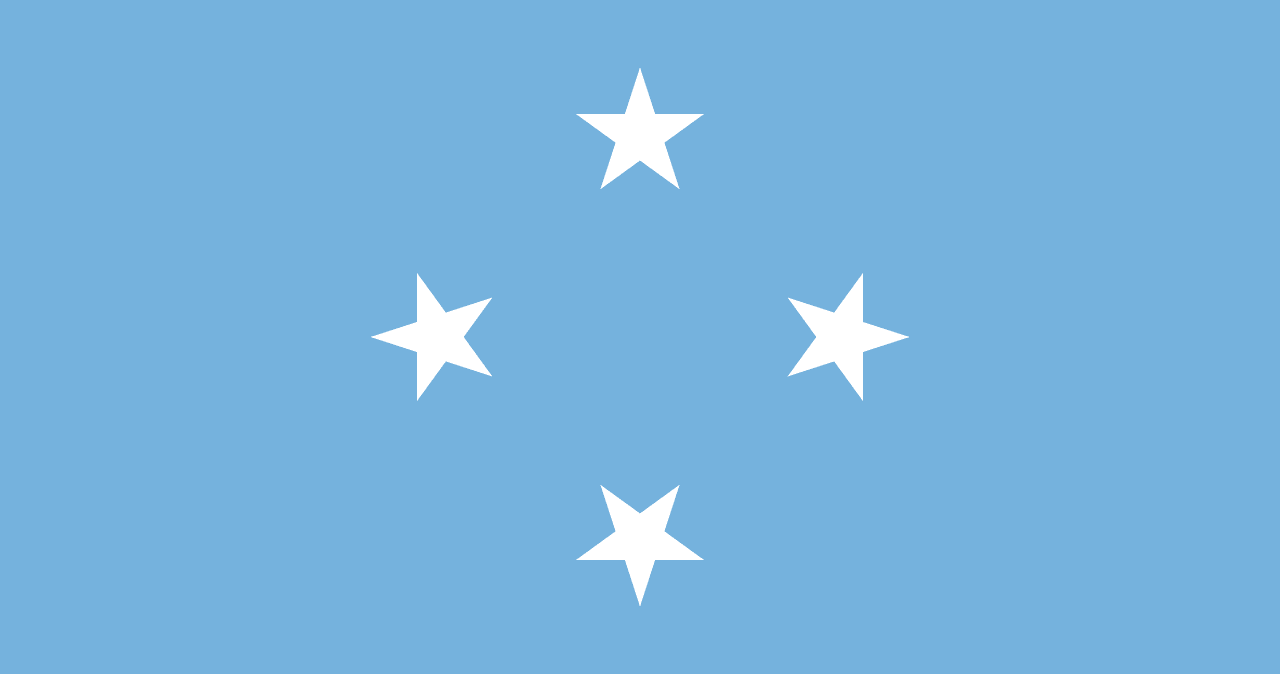The flag of Moldova consists of three vertical stripes of blue, yellow, and red, with the national coat of arms in the center of the yellow stripe. Adopted on April 27, 1990, the flag reflects Moldova's historical and cultural identity, with the colors and symbols representing the nation's aspirations for peace, prosperity, and unity.
Moldova information
| National Flag Day | — |
| Sovereign state | Yes |
| Official name | Republic of Moldova |
| Capital | Chișinău |
| Population | 3,557,590 |
| Area | 13,067 km² |
| Currency | Moldovan leu (MDL) |
| Language | Moldovan (Romanian), Russian, Ukrainian |
| Continent | Europe |
| Region | Eastern Europe |
| Subregion | — |
| Borders | Romania, Ukraine |
| Timezone | Eastern European Time (EET) UTC+2 |
| Calling code | +373 |
| Top-level domain | .md |
History of the Moldovan Flag
 The flag was adopted on April 27, 1990, following Moldova's declaration of sovereignty within the Soviet Union. The colors blue, yellow, and red are traditional to the region and are associated with Moldovan historical and cultural identity. The national coat of arms featured on the flag includes an eagle holding a cross, a scepter, and an olive branch, symbolizing Moldova's Christian heritage, independence, and desire for peace.
The flag was adopted on April 27, 1990, following Moldova's declaration of sovereignty within the Soviet Union. The colors blue, yellow, and red are traditional to the region and are associated with Moldovan historical and cultural identity. The national coat of arms featured on the flag includes an eagle holding a cross, a scepter, and an olive branch, symbolizing Moldova's Christian heritage, independence, and desire for peace.
Symbolism and Design of the Moldovan Flag
The flag of Moldova is symbolic of the nation's history, culture, and aspirations. The blue stripe represents the sky over Moldova and the peaceful aspirations of its people. The yellow stripe symbolizes the fertile land and the bright future of the nation. The red stripe signifies the courage and determination of the Moldovan people. The national coat of arms in the center is a powerful emblem that reinforces Moldova's identity and values.
Usage and Significance of the Moldovan Flag
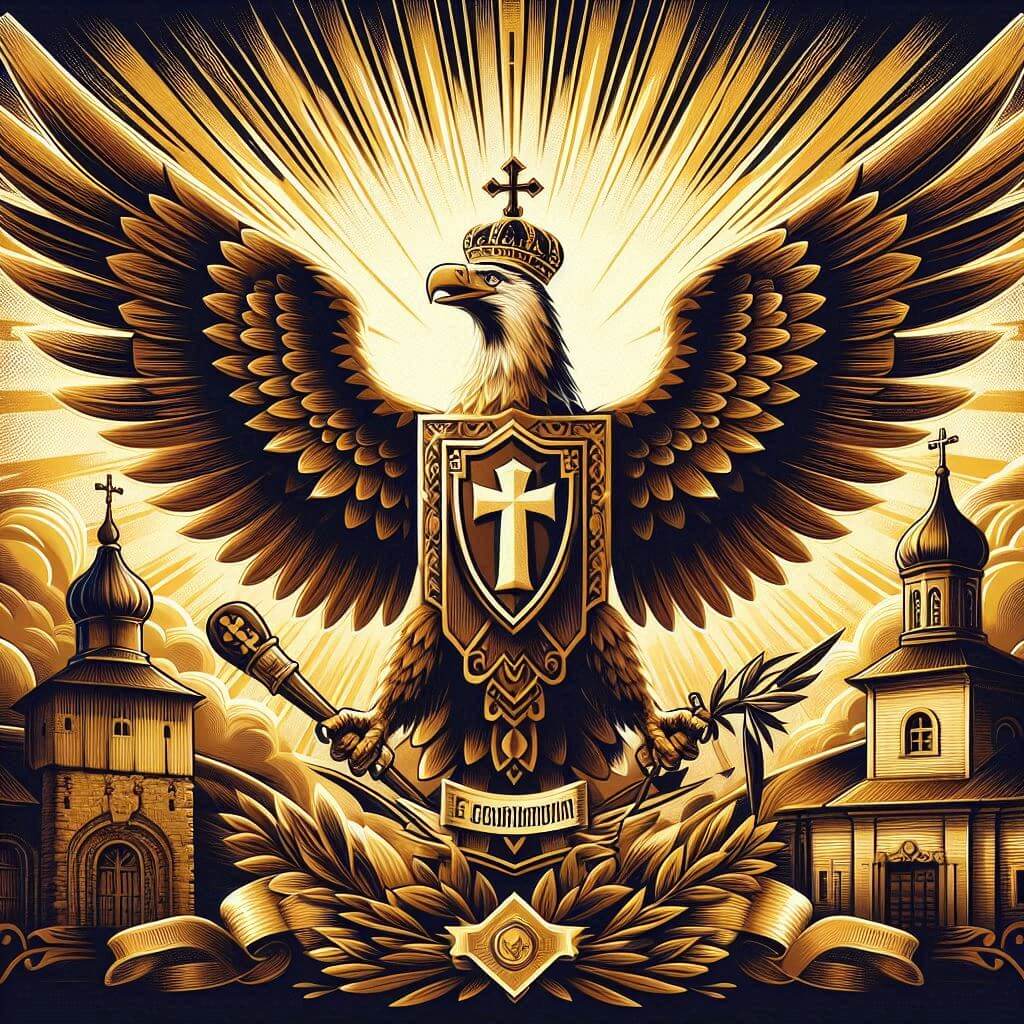 The flag of Moldova is an important symbol of national pride and unity, displayed on public buildings, during national holidays, and at official ceremonies. It represents the country's independence, cultural heritage, and its journey towards prosperity and peace.
The flag of Moldova is an important symbol of national pride and unity, displayed on public buildings, during national holidays, and at official ceremonies. It represents the country's independence, cultural heritage, and its journey towards prosperity and peace.
Interesting Facts About the Moldovan Flag
- Moldova is situated in Eastern Europe, bordered by Romania to the west and Ukraine to the north, east, and south.
- The flag's design reflects Moldova's rich historical and cultural heritage, influenced by Romanian, Russian, and Soviet traditions.
- The national coat of arms on the flag underwent several modifications throughout Moldova's history, reflecting political changes and the country's evolving identity.
The flag of Moldova consists of three equal vertical stripes of blue, yellow, and red, with the national coat of arms prominently displayed in the center of the yellow stripe. This tricolor design, combined with the intricate coat of arms, reflects Moldova's rich history, cultural heritage, and aspirations as a modern European nation.
History of the Moldovan Flag
The current Moldovan flag was officially adopted on November 3, 1990, shortly after the country declared its sovereignty within the Soviet Union, and was retained when Moldova gained full independence in 1991. The tricolor design is rooted in the historical flags of Romania and the Moldavian Democratic Republic of 1917-1918, reflecting the shared cultural and linguistic ties between Moldova and Romania. The addition of the coat of arms in 1990 was intended to distinguish the Moldovan flag from the Romanian tricolor and assert Moldova's distinct national identity. The flag has undergone minor modifications to the coat of arms design since its adoption, with the current version being standardized in 2010.
Symbolism and Design of the Moldovan Flag
Each element of the Moldovan flag carries deep symbolic meaning. The blue stripe represents the clear sky, freedom, and Moldova's European aspirations. The yellow stripe symbolizes the golden fields of wheat and corn, signifying the country's agricultural wealth and the warmth of the sun. The red stripe stands for the blood shed by Moldovan ancestors in defense of their land and for the vitality of the nation. The national coat of arms, centered on the yellow stripe, is a complex symbol rich in meaning. It features an eagle holding an Orthodox Christian cross in its beak, an olive branch in one talon, and a scepter in the other. The eagle's breast is protected by a shield displaying the traditional symbols of Moldova: an aurochs' head, a star, a rose, and a crescent. These elements combine references to Moldova's history, its Christian heritage, and its aspirations for peace and sovereignty.
Usage and Significance of the Moldovan Flag
The flag of Moldova is a source of national pride and is widely displayed throughout the country. It flies on government buildings, schools, and public institutions. During national holidays such as Independence Day (August 27) and Language Day (August 31), the flag takes center stage in celebrations, parades, and public events. The flag also plays a crucial role in international forums, representing Moldova's sovereignty and unique identity on the global stage. It serves as a unifying symbol for the diverse Moldovan population, including ethnic Moldovans, Ukrainians, Russians, and Gagauz, among others. The flag's prominence in daily life reinforces a sense of national identity and reflects Moldova's journey as a young democracy navigating its place between Eastern and Western influences.
Interesting Facts About the Moldovan Flag
- The Moldovan flag is one of the few national flags to feature a detailed coat of arms as a central element, making it highly distinctive.
- The aurochs head on the coat of arms is a historical symbol of Moldova, dating back to the medieval Principality of Moldavia.
- The flag's similarity to the Romanian flag reflects the complex historical and cultural ties between the two countries, often a subject of political and cultural debate.
- In Moldovan culture, the flag is sometimes referred to as "Tricolorul" (The Tricolor), emphasizing its connection to Romanian cultural heritage.
- The flag has been a focal point in discussions about Moldova's national identity and its geopolitical orientation between Russia and the European Union.
